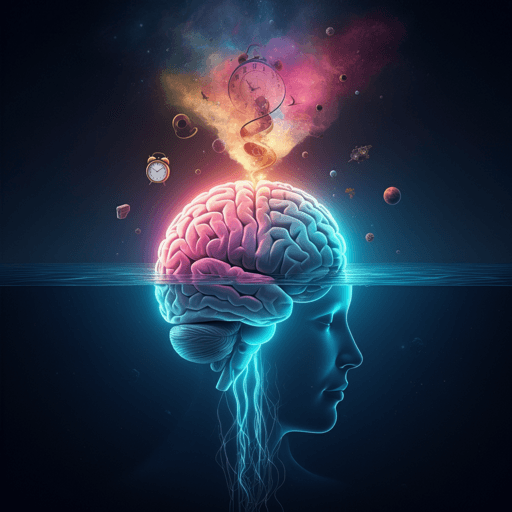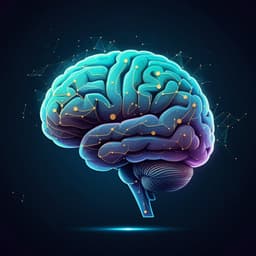
Psychology
Memory, Sleep, Dreams, and Consciousness: A Perspective Based on the Memory Theory of Consciousness
A. E. Budson and K. A. Paller
Explore how memory research illuminates dreaming and waking consciousness: the Memory Theory of Consciousness ties explicit memory systems to perceptions, thoughts, imaginings and dreams, explains continuity and sleep-related disorientation, and shows how implicit sleep-based memory consolidation can surface as dream fragments. This research was conducted by Andrew E Budson and Ken A Paller.
Related Publications
Explore these studies to deepen your understanding of the subject.







